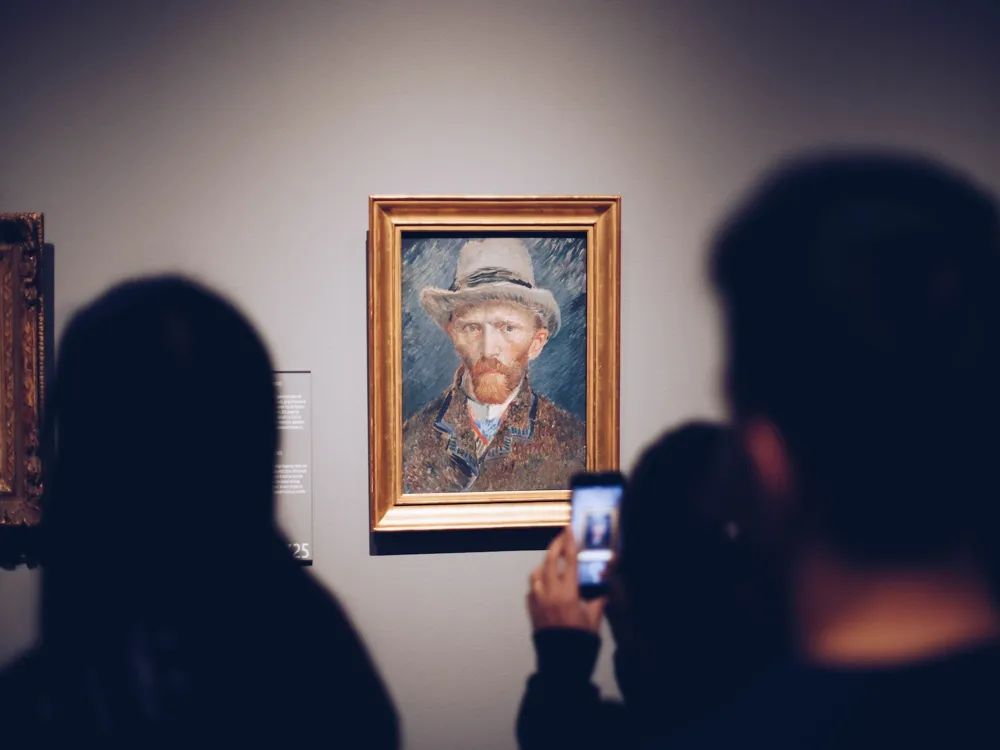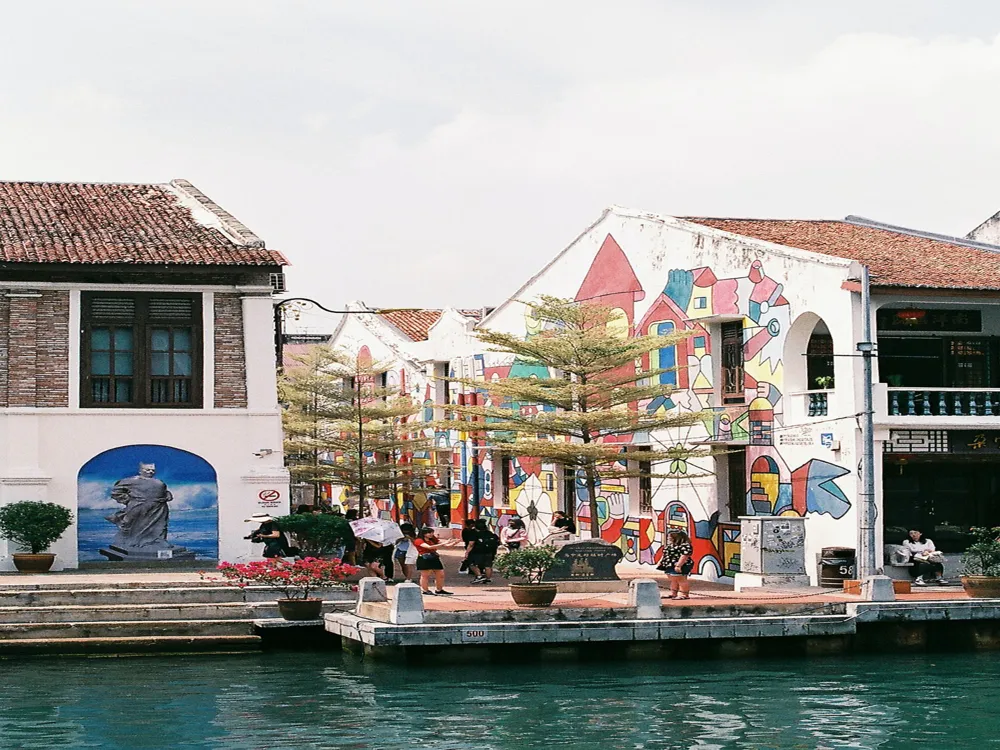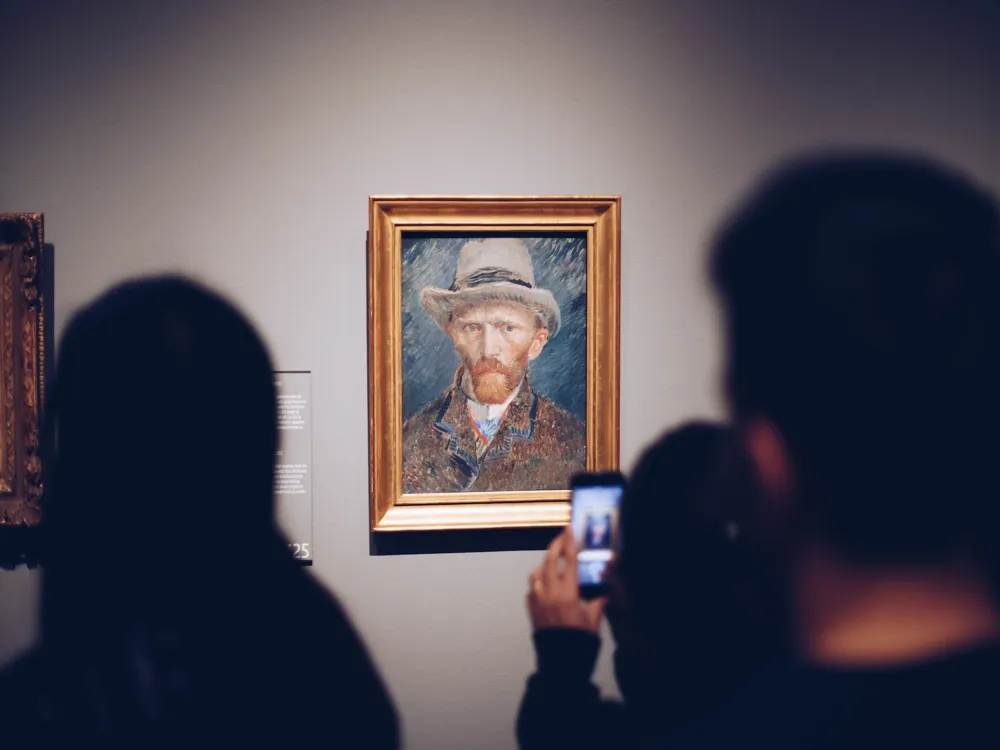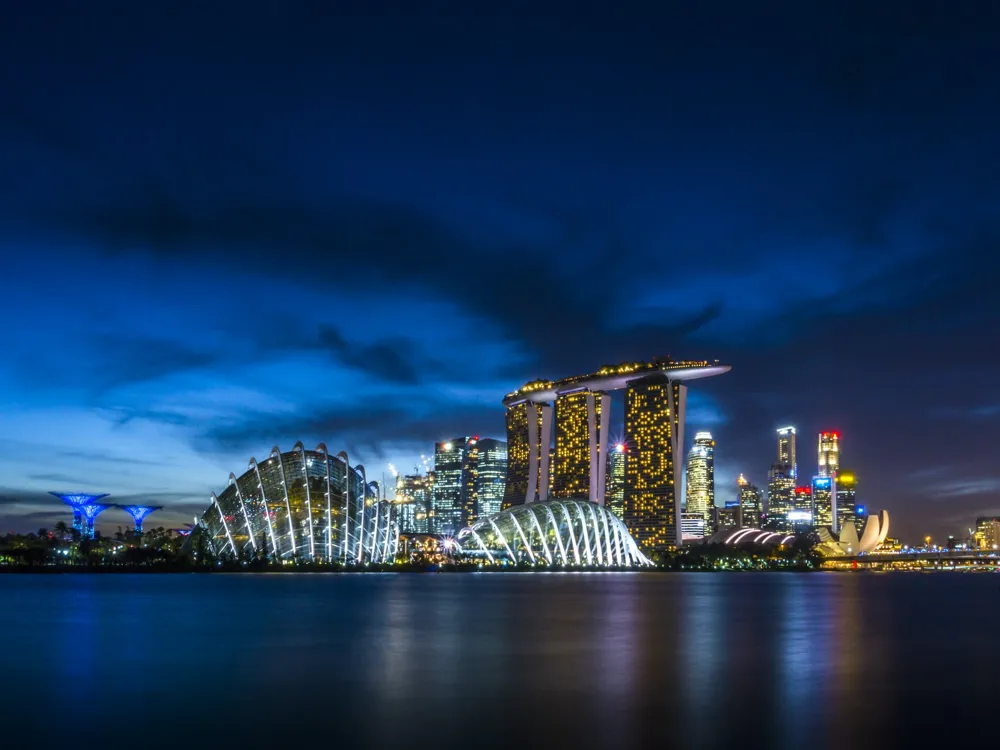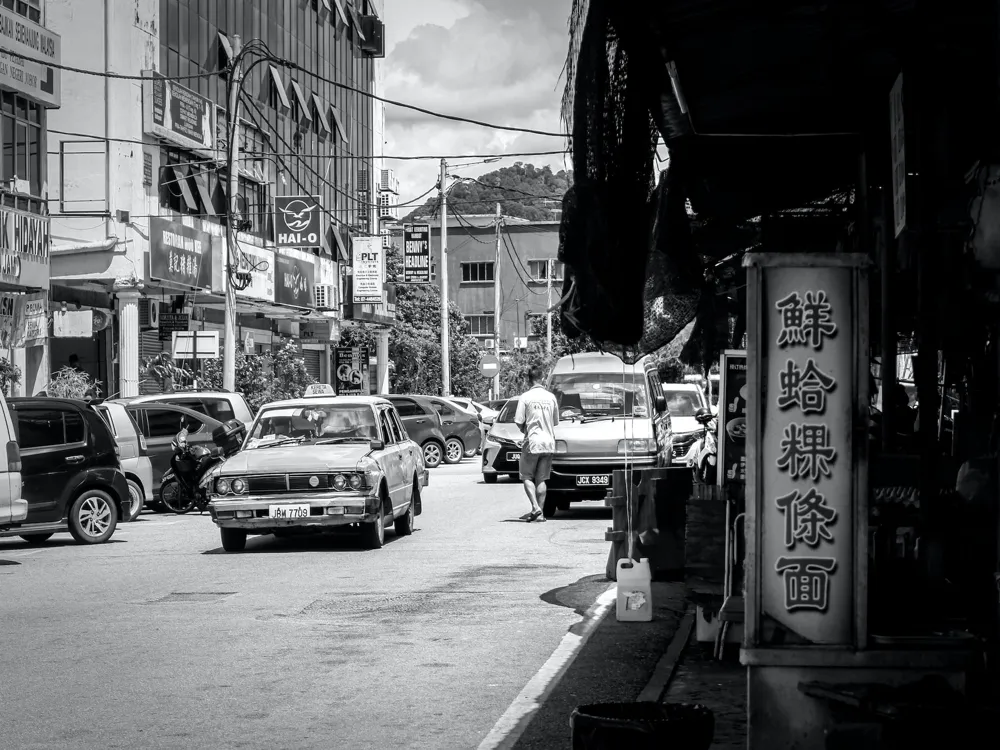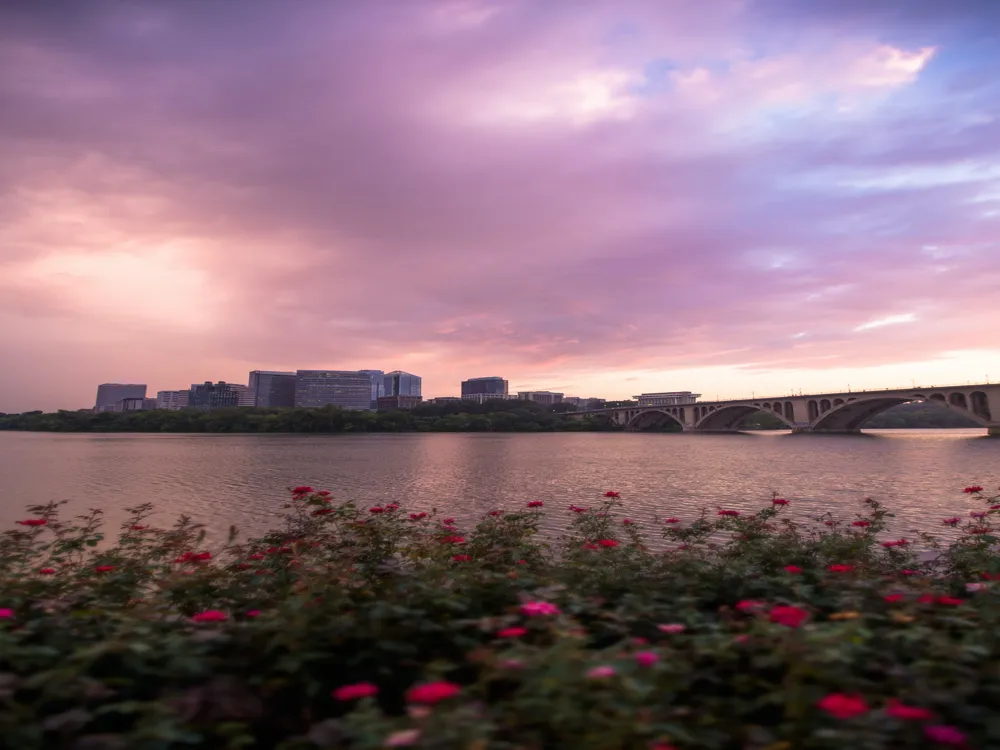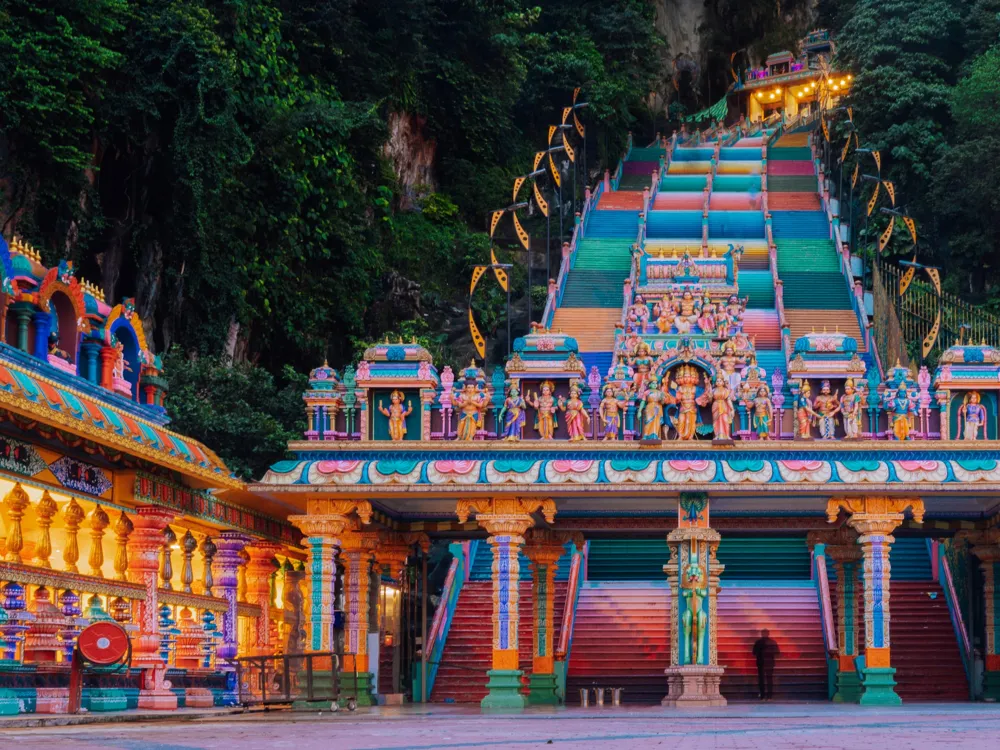St. Paul's Church, a historical and architectural marvel, stands as a testament to Melaka's rich colonial past. Originally built by a Portuguese nobleman, Duarte Coelho, in 1521, the church was initially named 'Our Lady of The Hill.' It was later appropriated by the Dutch and then the British, leading to various modifications over centuries. This storied structure is perched on St. Paul's Hill and offers a panoramic view of Melaka, adding to its allure as a tourist destination.
The church's historical significance is immense. It served as the primary place of worship for the Portuguese settlers and was later used by the Dutch. Interestingly, St. Francis Xavier, a prominent Catholic missionary, was temporarily buried here in 1553 before his body was moved to Goa. This adds a layer of religious significance to the site, attracting not only history buffs but also those on spiritual journeys.
The architectural style of St. Paul's Church is a fusion of Eastern and Western designs, reflecting its colonial past. The façade and the remaining structure show a blend of Portuguese and Dutch influences, with the latter responsible for the addition of the watchtower and the refurbishment of the interior.
The church, now in ruins, is a part of the Malacca Museum Complex comprising the A Famosa fortress, St. Paul's Hill, and other historical buildings. The Malaysian government and UNESCO, recognizing its historical value, have undertaken various preservation efforts to maintain its structural integrity and historical significance.
The architecture of St. Paul's Church is a remarkable blend of Portuguese, Dutch, and local Malay influences, making it a unique historical structure in Melaka. The façade, although partly in ruins, showcases the intricate craftsmanship of the colonial era. The church's structure is predominantly Gothic, reflecting the architectural style prevalent during the Portuguese period.
The church's layout follows a typical rectangular plan common in many colonial churches, with a main nave and a vestry at the rear. The ruins reveal the remnants of the once majestic façade and the belfry, which was added by the Dutch. The belfry, an imposing structure, is visible from various parts of Melaka and was used as a navigational aid by ships.
The interior of St. Paul's Church, though now bare, once housed several ornate altars and a pulpit. The Dutch modifications included the addition of a timber ceiling and extensive refurbishment of the interiors, but these have since been lost to time. Visitors today can still see the vestiges of the church's original splendor, with the remains of the altars and the pulpit.
The church grounds are home to numerous gravestones and inscriptions, which offer a glimpse into the lives of those who were part of Melaka's colonial past. These inscriptions are mainly in Portuguese and Dutch and are significant historical documents in their own right.
The best time to visit St. Paul's Church is during the cooler months from November to January. The weather is more pleasant, making it ideal for exploring the ruins and enjoying the panoramic views from St. Paul's Hill.
As a historical and religious site, visitors are advised to dress respectfully. Lightweight clothing is recommended due to the humid climate, but be sure to cover shoulders and knees.
Consider taking a guided tour to fully appreciate the historical context and architectural details of the church. Guides are available at the site and can provide in-depth information about its history and significance.
Photography is allowed, but visitors should be mindful of preserving the site's integrity. Avoid touching the ruins or gravestones, and use photography to capture memories without causing any damage.
The church is situated on a hill, so visitors should be prepared for a bit of a climb. Comfortable walking shoes are recommended. The site is not fully wheelchair accessible due to its uneven terrain.
St. Paul's Church is easily accessible by various means of transportation. It's located in the heart of Melaka, making it a convenient destination for visitors.
Tourists can reach St. Paul's Church by taxi, bus, or car. The church is a well-known landmark, so most local drivers are familiar with the route. There's also ample parking available nearby for those driving themselves.
For those preferring public transportation, local buses serve routes that pass near St. Paul's Hill. Visitors can alight at the nearby stops and walk to the church.
For those staying in central Melaka, St. Paul's Church is within walking distance from many hotels and guesthouses. The walk offers a chance to see the vibrant streets of Melaka and its heritage buildings.
Overview of St Paul's Church Melaka
Historical Significance
Colonial Influences
Preservation Efforts
Architecture of St Paul's Church Melaka
Structural Design
Interior Elements
Artifacts and Inscriptions
Tips When Visiting St Paul's Church Melaka
Best Time to Visit
Dress Appropriately
Guided Tours
Photography Etiquette
Accessibility
How To Reach St Paul's Church Melaka
By Road
Public Transportation
Walking
St Paul's Church Melaka
Melaka
NaN onwards
View melaka Packages
Melaka Travel Packages
View All Packages For Melaka
Top Hotel Collections for Melaka

Private Pool

Luxury Hotels

5-Star Hotels

Pet Friendly
Top Hotels Near Melaka
Other Top Ranking Places In Melaka
View All Places To Visit In melaka
View melaka Packages
Melaka Travel Packages
View All Packages For Melaka
Top Hotel Collections for Melaka

Private Pool

Luxury Hotels

5-Star Hotels

Pet Friendly








